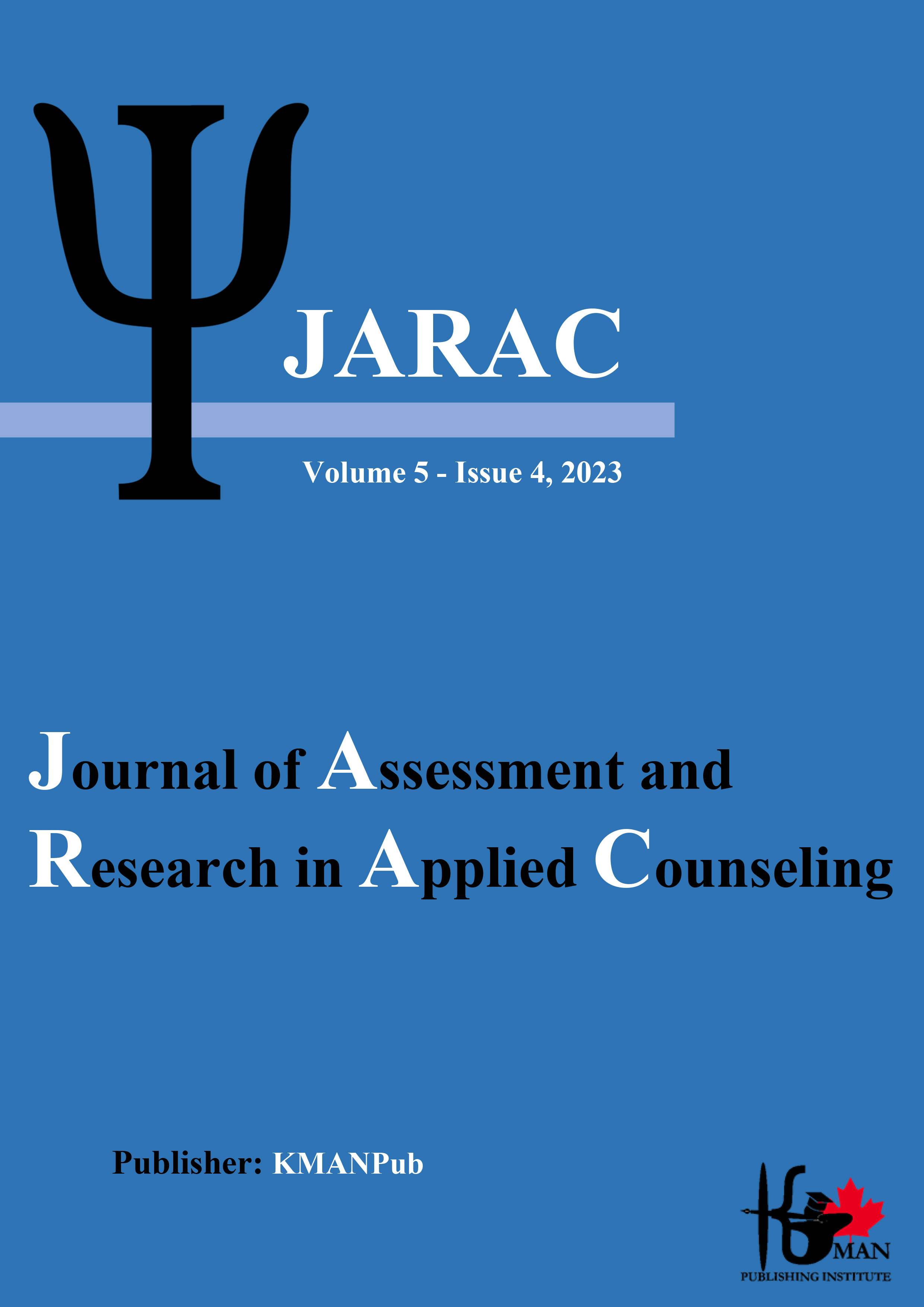Investigating the Relationship between Parent-Child Conflict and Attachment Styles with Future Anxiety in Nursing Students
Keywords:
Future Anxiety, Parent-Child Conflict, Attachment Styles, Students, NursingAbstract
Objective: The nursing profession constitutes an essential part of the healthcare system and is crucial in providing quality care and improving the quality of life for patients worldwide. This study aimed to investigate the relationship between parent-child conflict and attachment styles with future anxiety in nursing students.
Methods and Materials: The research was applied in terms of its goal, descriptive in terms of data collection, and correlational in terms of data type. The statistical population included all nursing students in Sari County enrolled in the 2023-2024 academic year, from which 200 students were selected through convenience sampling. The research instruments included the Parent-Child Conflict Questionnaire by Murray Strauss (1990), the Attachment Style Questionnaire by Hazan and Shaver (1987), and the Future Anxiety Questionnaire by Zaleski (1996). Data were analyzed using Pearson correlation coefficient, multiple regression, and SPSS-27 software.
Findings: The findings indicated that both parent-child conflict and attachment styles were related to future anxiety (P < 0.01), with the ambivalent attachment style being the strongest predictor of future anxiety (P < 0.01).
Conclusion: Based on the findings, a secure attachment style can be associated with reduced future anxiety. Insecure attachment styles can act as predictors of future anxiety. These results can be useful for training the necessary skills to control and reduce future anxiety in students, particularly nursing students, and the psychological disorders resulting from it.
Downloads
Downloads
Additional Files
Published
Issue
Section
License
Copyright (c) 2024 Ghodratollah Abbasi (Corresponding Author); Mobina Khalilnezhadevati, Maedeh Rezaei (Author)

This work is licensed under a Creative Commons Attribution-NonCommercial 4.0 International License.















